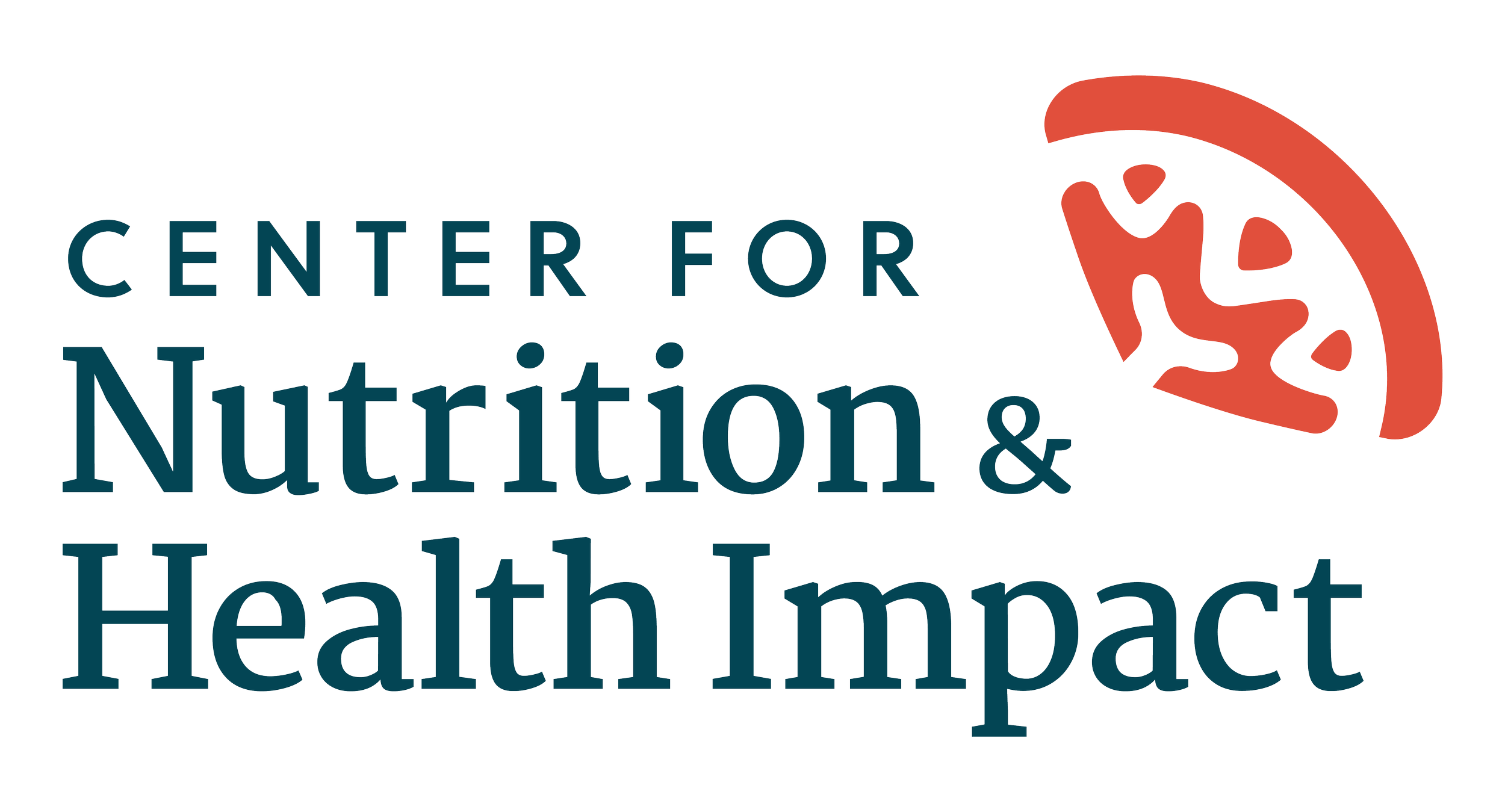------- + -------
Partnership with
Builders Initiative and
Walton Family Foundation
In partnership with Builders Initiative and Walton Family Foundation, we conduct research and evaluation to make an impact on food and agriculture, environmental health, community, and nutrition.
See Projects
About Builders Initiative
Builders Initiative invests in and collaborates with non-profits, businesses, and others working towards sustainable solutions to societal and environmental challenges. While working with people and organizations, they aim to help build a more humane and healthy planet with the goal of creating a brighter, more equitable future for everyone. Their community work includes amplifying the efforts of those on the ground who are working towards equitable access to resources and opportunity throughout urban and rural communities across the Midwest.
About Walton Family Foundation
The Walton Family Foundation (WFF) is a family-led organization committed to tackling pressing social and environmental challenges with both urgency and a long-term perspective. Committed to creating access to opportunity for individuals and communities, their vision encompasses a world where everyone can achieve their full potential with the right resources. WFF is committed to the pursuit of effective solutions to some of the most pressing challenges facing our world today.






